Today is my last day at Microsoft. After almost 7 incredible years at Microsoft it’s time for me to move onto the next step in my professional career (more about that next week). It’s a bittersweet week but before the day is over I want to take this time to reflect and share my experiences.
I joined Microsoft in 2014 after finishing my first degree in Computer Science and History at small liberal arts college in Baltimore Maryland.
At the time, Microsoft was at a crossroads, trailing a distant 3rd in a mobile first world and recovering from alukewarm reception of Windows 8. No one seemed to know which way the winds would blow. Yet, coming from a small liberal arts school, I was excited for the opportunity to learn and prove myself.
The past 7 years have been transformative for both me and Microsoft.
As the company has reinvented itself I had the opportunity to:
- Learn cutting edge 1st and 3rd party technologies. From Xbox, Office 365, Windows Phone and Hololens to the intricacies of Azure across countless services (VR, Modern Web, Containers, Machine Learning, Blockchain, IoT, Databases, Automation and more).
- Engage with non profits, mentoring students and young professionals from underrepresented high schools to the Ivy Leagues.
- Host and be hosted by top technical communities in Israel and abroad.
- Build keynote demos and speak at first and third party conferences across the world.
- Lead and contribute to business critical engagements with many of the top brands in the world.
- Collaborate with cutting edge start ups from the smallest seed companies to larger Series C and D organizations.
- Complete a Masters Degree at Israel’s top Natural Language Processing Lab
- Publish AI Research at top Academic Conferences.
- Beta test and shape core Microsoft products from Windows 10 to Github and Azure ML.
- Develop open source solutions and write content consumed by hundreds of thousands if not millions of developers around the world.
I am honored by those I have had the opportunity to work with including some of the most talented engineers and leaders in the world.
As I transition to the next chapter of my life, I want to share my learnings from the past few years as a way of both formalizing them for my future self and paying it forward to any former colleagues. Please keep in mind that these opinions reflect my own experiences and do not in any way represent Microsoft.
Lessons Learned after 7 years at Microsoft
Start your Career with an Uphill Battle.
One of the best things that happened to me at Microsoft was starting on the Technical Evangelism team for Windows Phone in 2014. At this point Windows Phone was a distant third in the phone OS wars and morale was not at its highest.
This provided me with amazing opportunities to learn from my peers and see how some of the smartest engineers I’ve ever met, coped with work not going their way. The need to innovate and try new things in an attempt to get a foothold, provided me with opportunities to work on important engagements that otherwise would have not been entrusted to a college hire. It was here that I was first able to experiment with then cutting edge technologies like progressive applications. My peers who were in more comfortable positions didn’t have such experiences and many became complacent assuming that the winning position is the default position.
While windows phone development was not my passion, being in an uphill battle enabled me to experiment with technologies that I was interested in. I was actively encouraged to work on passion projects which changed the course of my career culminating in me achieving one of my biggest goals of moving to Israel.
Always have a Northern Star and Make your Career Goals Clear
When I started as a college hire, I came in at a relatively low starting level. There are a couple of techniques I learned that helped me to accelerate my career. One of the most useful was the concept of a northern star. A northern star is a document that you should refresh once every few months that outlines your goals, aspirations and how you plan to achieve them.
At Microsoft, I saw many hard working and incredibly talented peers struggle to level up. Many assumed that their hard work and accomplishments would translate directly into a promotion. While this does happen overtime, it is often a slow process, as there are many factors that determine career progression.
To rapidly grow a career, goals shouldn’t be defined by your manager, organization or even company, rather they should be aligned to them. You should make your goals and career expectations clear to your manager so that they can help advocate on your behalf. At the end of the day you are your own best advocate.
If you succeed in properly aligning personal goals with both your manager and your organization, not only does everyone win, but your impact will be much greater than it would have if you simply just checked a bunch of boxes, or overfit other metrics.
If you feel that there is no way to align your team or organizational goals to your northern star document, then it is time to make a change. The fact that you have been defining and measuring your own goals will help you stand out to teams and organizations that are aligned with your northern star in such cases lateral movements are often the key to career growth.
That being said ….
Your Career is much more than a Level
One of my favorite quotes from Bob Berg’s The Go Giver is:
“Your true worth is determined by how much more you give in value than you take in payment.”
One of the worst things to be at a company like Microsoft is to be in a position where you are either over promoted. In my 7 years at Microsoft, I saw that while it is possible to claw your way up a few levels by learning the latest tech buzzwords or playing politics it’s the biggest possible career trap. Overtime, the gap between what you are expected to know and what is possible to reasonably learn grows to a point where it is impossible to be long term successful and respected.
Those who are respected at Microsoft are respected not because they have a fancy level or title but rather because people know that they are competent, fun to work with, and care about those around them.
Which leads me to my next point …
Acknowledge Imposter Syndrome but do not Surrender to It
One of the most surprising aspects of the past years is that I learned that at some level almost everyone I respect has some form of imposter syndrome.
Imposter syndrome is a double edged sword. If you simply dismiss it as being natural, it is easy to become complacent and get stuck in the career trap outlined in the last point. However if you surrender to it, it’s easy to settle and not grow or develop.
While I do not have the cure for imposter syndrome, in my experience the best counter to imposter syndrome is developing a strong mentorship network. Mentors can help you navigate the challenges of imposter syndrome. With strong mentors, acknowledging imposter syndrome can provide opportunities to grow your skills and help grow your confidence over time. At Microsoft I was lucky to have some amazing mentors that helped me at every single career stage.
One piece of advice I have regarding mentors, is that anyone can be a mentor, it doesn’t need to be a formal arrangement. I define a mentor as, “ anyone whose experience can help unblock you, guide you and boost your skills”. One of my favorite approaches to finding mentors is to scope a pet or assigned project with relevant technologies or skills I wanted to learn and then to engage people I wanted to learn from to help me out.
Remember however to pay it forward, we were all juniors once and as you grow in your career make sure you are taking time to help out others when you can. The more authentic you are in your mentor/mentee relationships the more value you will gain from them and provide in return.
Which leads me to my next point …
The best leaders lead through others.
Managers that optimize for their own success end up creating toxic work cultures where as those who learn to bring success to others grow, succeed and are respected. I have been truly lucky to have some amazing managers from whom I’ve learned that true leadership comes from unblocking those who work for you.
My first manager took a big risk hiring from a small liberal arts college, he provided me with some of the most difficult accounts in his portfolio and gave me opportunities to demonstrate leadership as a tech lead on an important keynote. When I finally found the opportunity to move to Israel he helped me fast track a promotion so that when I moved to Israel so I wouldn’t have to take as dramatic a pay cut. My second manager helped me transition to Israel pushed me to truly become a great software engineer and encouraged me to pursue a Masters Degree. My third and fourth managers provided me with the opportunity to help hire and build a global developer relations team and my fifth and final manager empowered me to develop and take my AI and leadership skills to the next level.
In addition to my mentors am indebted to all these amazing people who helped me grow and achieve what I did at Microsoft.
I hope these lessons are valuable to others and I want to thank all those that I had the pleasure of working with for an amazing 7 years.
Looking forward to the future and being able to share with you my next step soon!
Some Memory Highlights of the Past 7 Years
About the Author
Aaron (Ari) Bornstein is an AI researcher with a passion for history, engaging with new technologies and computational medicine. As an Open Source Engineer at Microsoft’s Cloud Developer Advocacy team, he collaborated with the Israeli Hi-Tech Community, to solve real world problems with game changing technologies that are then documented, open sourced, and shared with the rest of the world.







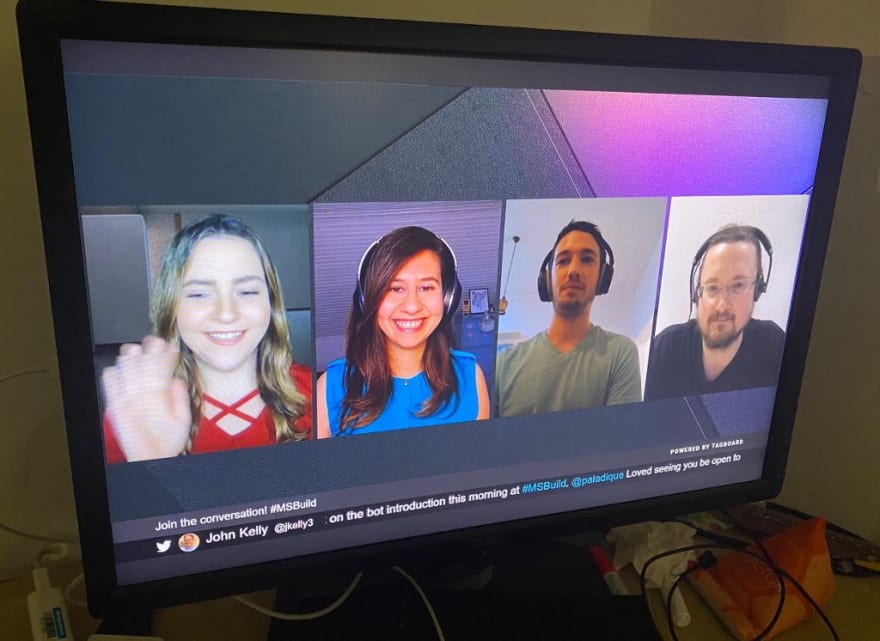
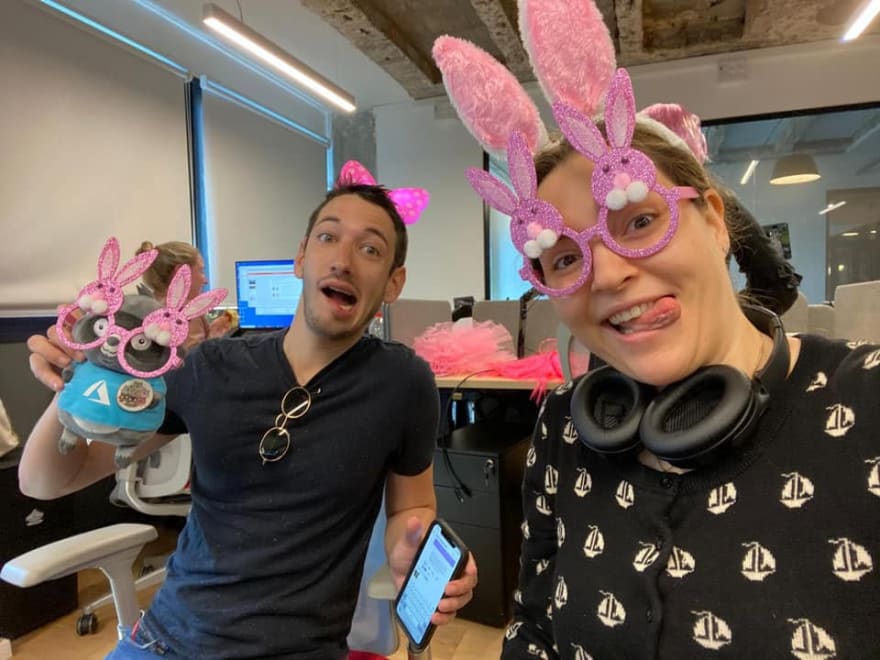


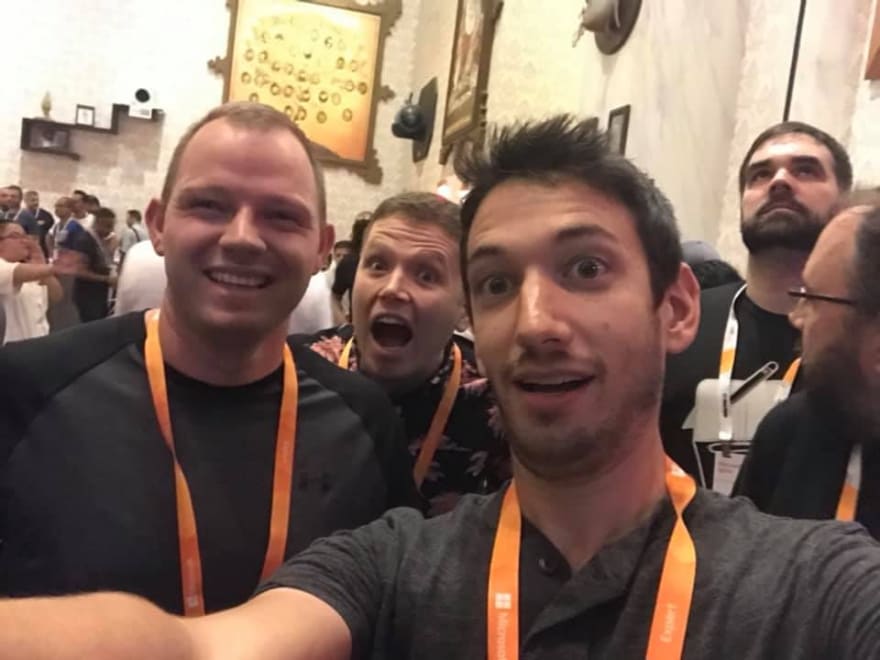
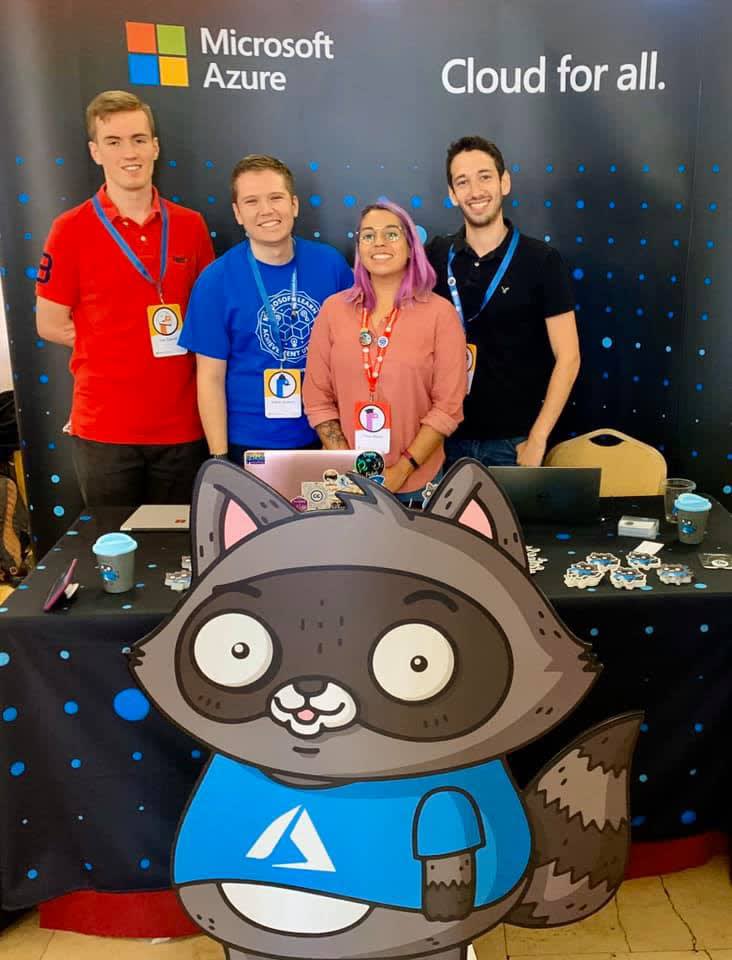
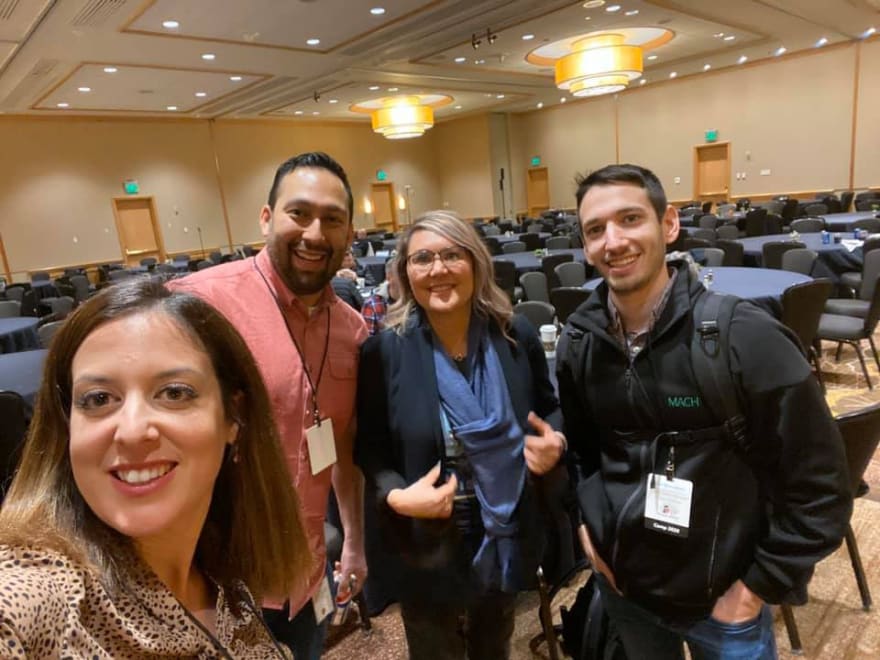
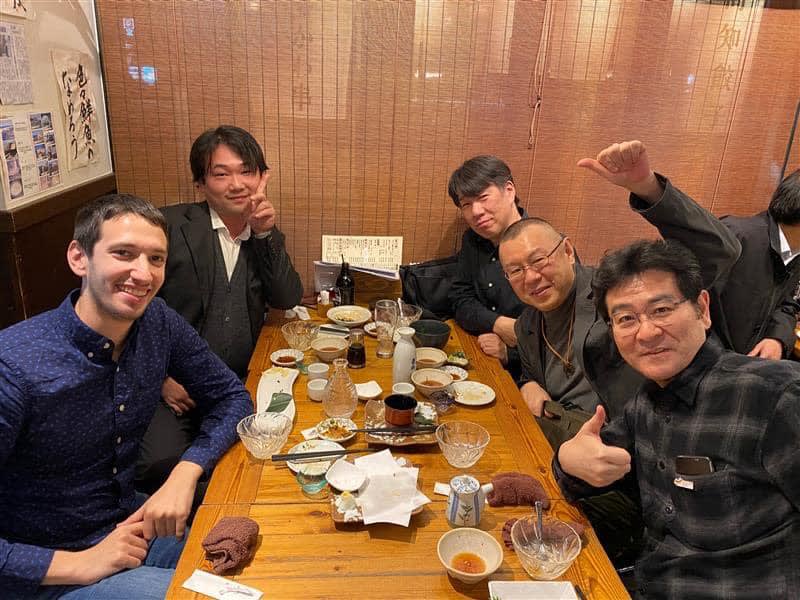







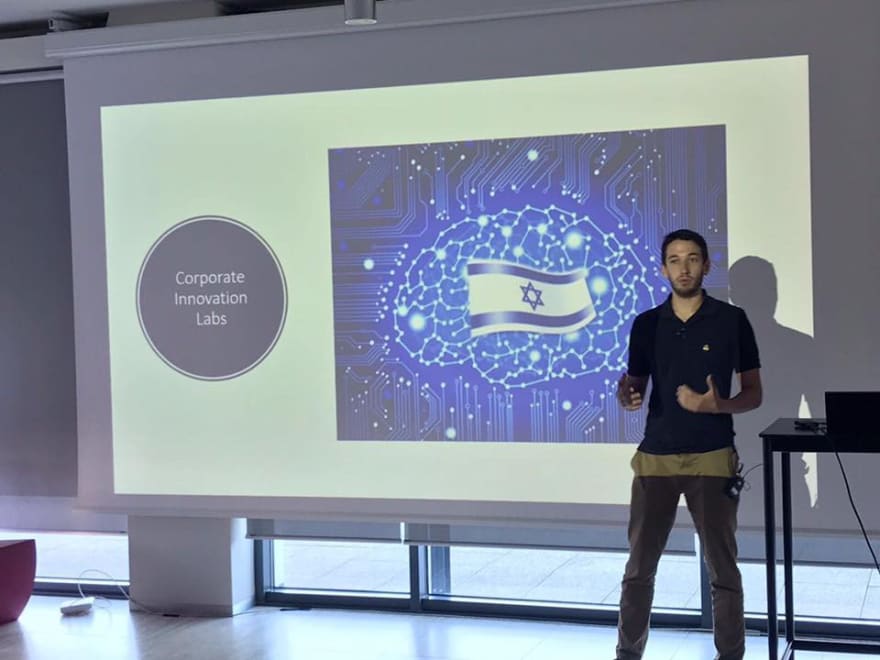


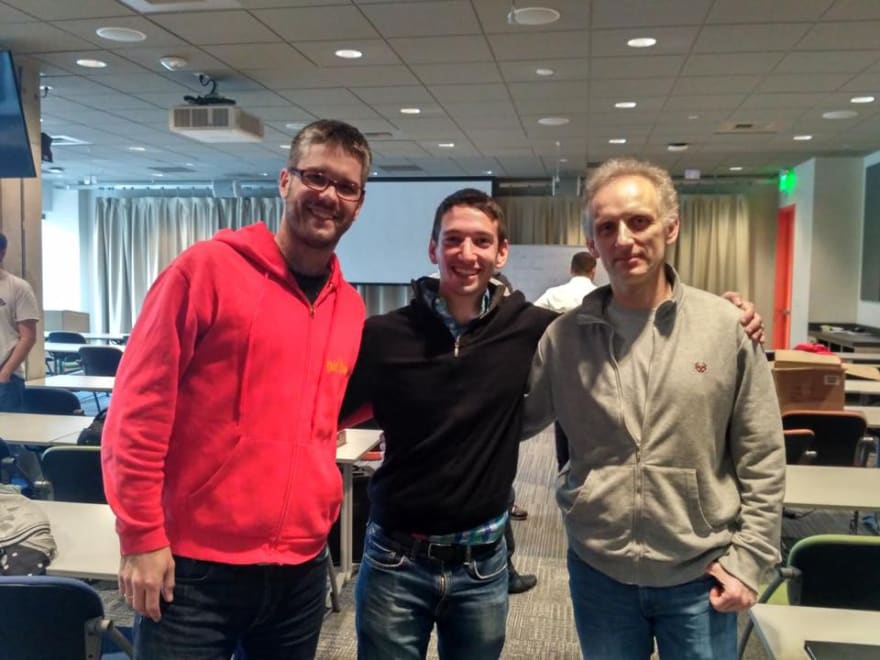




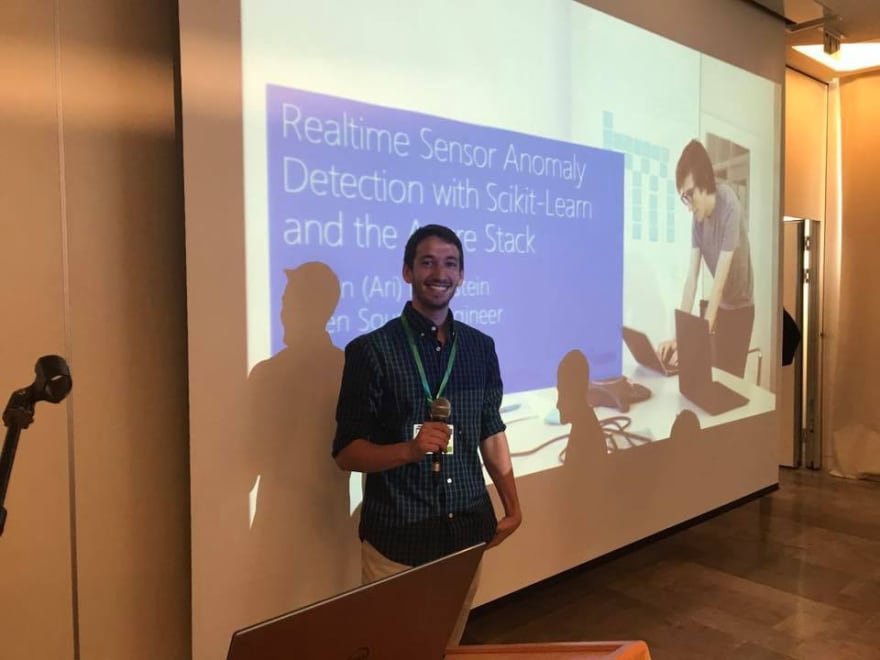
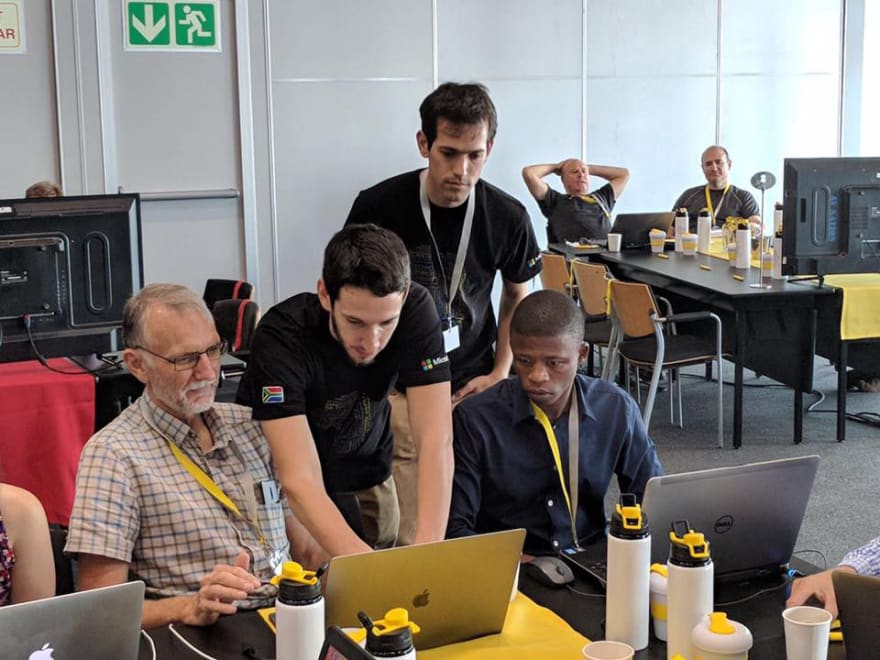
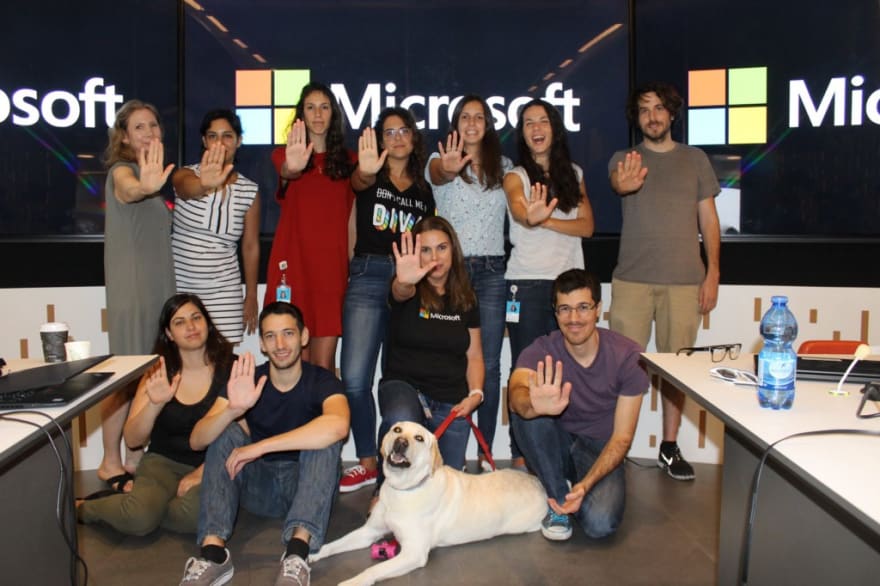

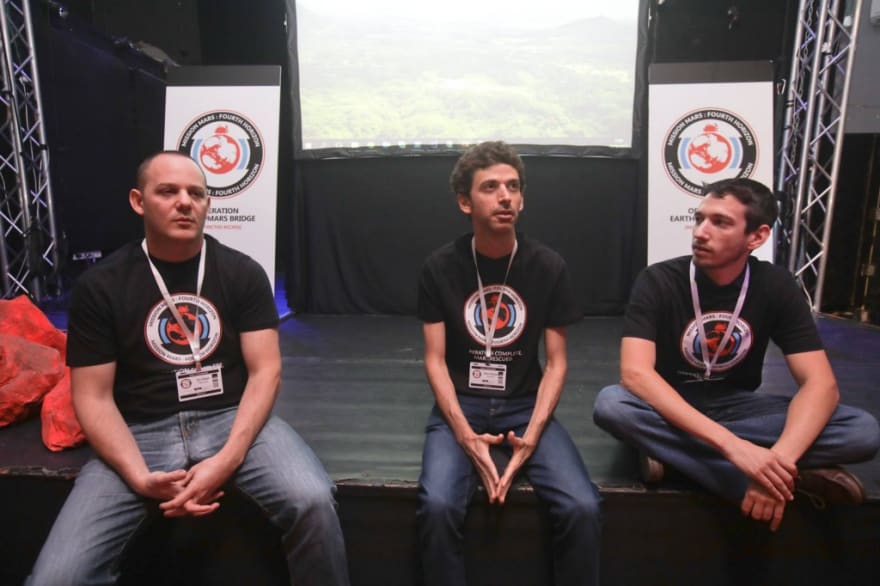













Top comments (0)